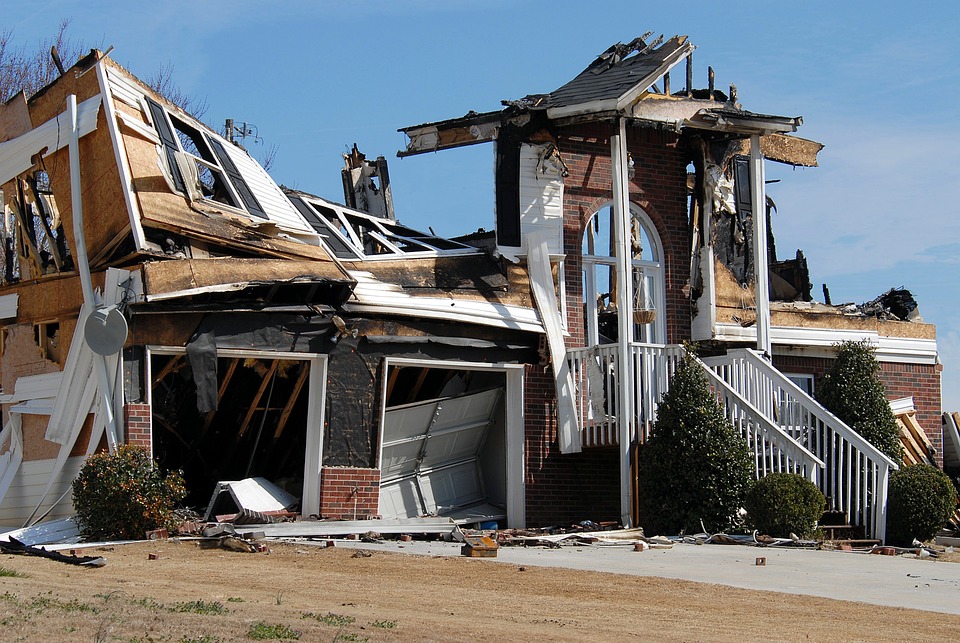
Floods have a big impact on both individuals and communities and have social, economic, and environmental consequences. They both give negative and positive consequences. Floods affect environments.
Most people are aware that the impacts of flooding can cause loss of human life, damage to property, destruction of crops and livestock, and weakening of health conditions by bringing water-borne diseases. People’s normal lives are disrupted. Communication links and power plants are also affected when flood gushes through, people are forced to leave their homes.It can also lead to loss of livelihood. Damage to infrastructures can also cause long-term impacts. Floods can affect clean water supplies, wastewater treatments, electricity, transportation, communication, education and healthcare. It also causes loss of land value and reduction in purchasing power.
Small damages from floods can include a little water seeping through basement windows or floor drains overflowing slightly. Not only that, serious damages could also stem from them. Let’s discover some of the worst possible effects water damage can bring into your home.
Widespread Mold Growth
Mold is the last thing that you want in your home. It only takes 24 to 48 hours for mold to grow on your water-soaked items. This includes everything from clothing to toys and carpets.
Aside from breaking the structural integrity of your home, mold can also be very toxic to your health. It causes allergic reactions and breathing problems especially to sensitive individuals. If you are not quick to respond to flood damage, rampant mold growth could take over your house. Call ServiceMaster by PWF for immediate response.
Black Water Contamination
The type of water that can flood your home is divided into three categories:
· Category 1: clean water from sanitary sources
· Category 2: gray water from home appliances that can make you sick if ever your body absorbs it
· Category 3: black water from unhygienic sources that can contain human or animal waste. This water contains pathogens that can make you extremely sick.
It is better if you rectify a home with black water contamination, but it is the most difficult contamination to recover from.
Broken Wiring, Gas Lines, and Appliances
You should always turn off electrical and gas services to avoid electrocution or gas leaks if you are going to have a flood clean up. Rewiring and installing new gas lines may be necessary to get your home back up and running.
The Best Option is to Move
If your home is engulfed in floodwater, correcting and repair costs could easily exceed the cost to move. Soaked earth pressing in on the foundation could cause it to crack. Tilted walls or a shifted roof could even lead to collapse. Inside the house, sagged ceilings and drywall might collapse easily, especially if mold starts to grow.
Starting from scratch may be the only option, even though you have completely repaired your home. You still need to refurnish and install new appliances and fixtures.
Recover from Flood Damage with Our Help
We all know floods can be very devastating, both emotionally and financially. If serious water damage has got you wondering, a company offering flood damage remediation in Jacksonville will be able to help you out. We also offer water damage restoration services in Jacksonville and will give you an assessment.
ServiceMaster by PWF is servicing Jacksonville and other parts of Duval County. Contact our office near you. Pinellas: 813-295-7797, Ocala: 352-292-8988, Gainesville: 352-441-3020, Lake City: 386-866-3349, Duvall | Clay | St. John: 904-999-4481.

